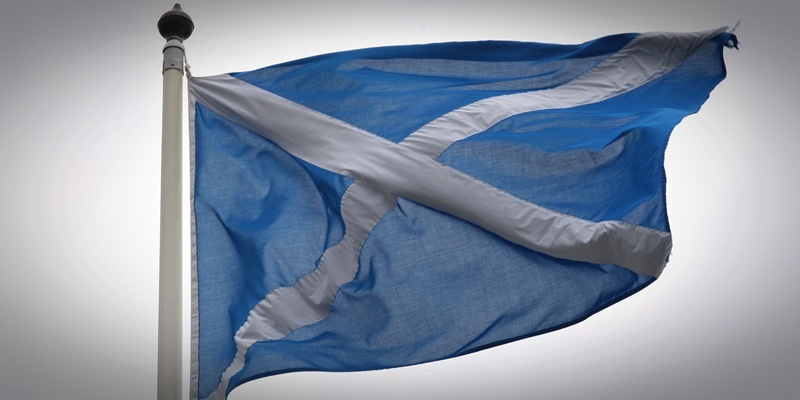A leading business figure has launched the fiercest attack to date on the SNP’s approach to the independence referendum.
CBI director Iain McMillan, who has repeatedly questioned the policy, used a major speech in Glasgow on Thursday to reiterate concerns about the lack of detail provided by First Minister Alex Salmond.
He told 700 industry leaders answers must be forthcoming on issues around currency, EU membership, the cost of statehood, the economy and the shape of the armed forces.
Addressing the Institute of Civil Engineers’ dinner, he said: ”No one should be in any doubt what independence means. It means Scotland leaving the United Kingdom and the rest of the UK becoming a foreign country.
”It would be huge step to take. So it is legitimate for business to ask questions of the SNP as the referendum approaches.”
The comments will be seen as a boost to unionists as the CBI is considered a powerful lobbying group for business.
On currency, Mr McMillan asked how inflation targets would be set and whether all options for using the euro or sterling have been explored. He also called for a definitive answer on the issue of EU membership.
The Scottish Government says the country would continue as a member but others have said Scotland would need to re-apply.
Mr McMillan also called for detail on naval shipbuilding jobs, financial services, cross-border taxation and regulation.
He also had a stern rebuke for SNP ministers, who he said had criticised business organisations for asking similar questions in the past.
”These questions are important and legitimate and they must not be brushed aside or ridiculed by the Scottish Government and their supporters,” he said. ”And those who put such questions must not be branded by the SNP Scottish Government as talking Scotland down.
”This is about securing Scotland’s best interest and business undertaking due diligence in support of that interest. And until these many questions are answered to the full satisfaction of our members, CBI Scotland will have no option but … to continue to oppose the Scottish Government’s plans to take Scotland out of the United Kingdom.”
A spokesman for Finance Secretary John Swinney rejected Mr McMillan’s intervention. He said the questions raised had been answered in a government paper on independence published in February 2010.
He added: ”The Scottish Government received an overwhelming mandate from the people to hold the referendum in the second half of this parliament, and that is exactly what we will do. As the record shows, the fact of the matter is that Mr McMillan took exactly the same approach in his hostility to a Scottish Parliament in the 1990s.”
Opposition leaders at Holyrood welcomed Mr McMillan’s comments. Scottish Labour leader Iain Gray described it as a ”powerful and positive” contribution to the constitutional debate.
Lib Dem leader Willie Rennie insisted Mr McMillan was ”representing the views” of businesses across Scotland who are worried about the implications of independence.
Scottish Conservative constitution spokesman David McLetchie added: ”Alex Salmond and the SNP cannot simply brush aside the serious and penetrating questions that Mr McMillan has asked on behalf of businesses in Scotland.”
The row came after the issue again dominated First Minister’s Questions at the Scottish Parliament. Mr Salmond resisted calls to name a date for the referendum from Mr Gray.
The First Minister has so far declined to give detail on the date, other than to say it will take place in the second half of the current five-year parliamentary term.
Mr Gray said it was ”fine” if the vote did not take place until 2016, but called on the First Minister to end the ”corrosive” uncertainty by setting a precise date.
He added: ”The longer this goes on the more it looks as if Alex Salmond is trying to rig the referendum to get the result he wants.”
But Mr Salmond retorted: ”Let me just welcome the clear statement from Iain Gray that a referendum in the second part of this parliament is, I think he said, fine.
”We shall hold him and his successor to that commitment.”
